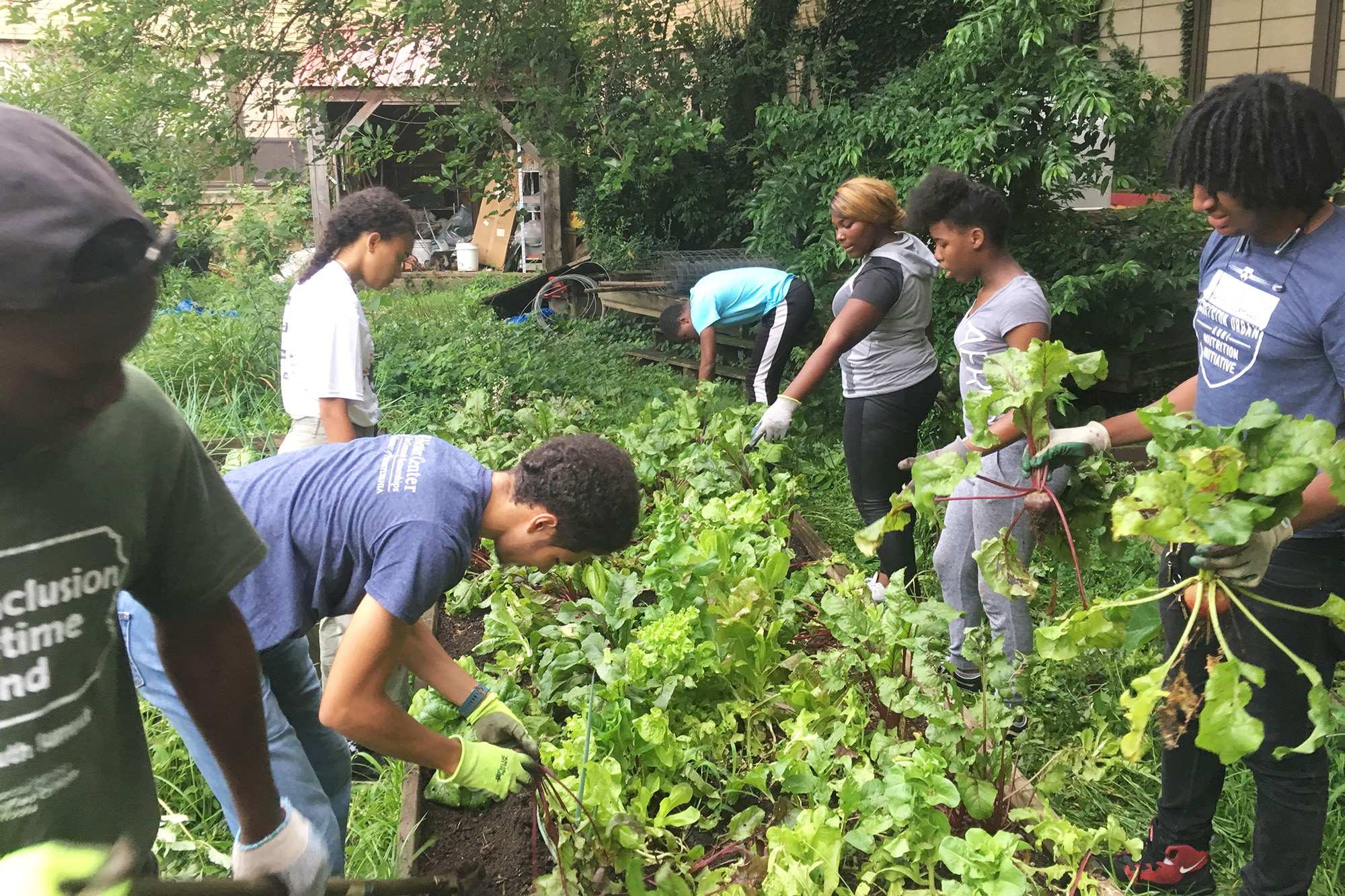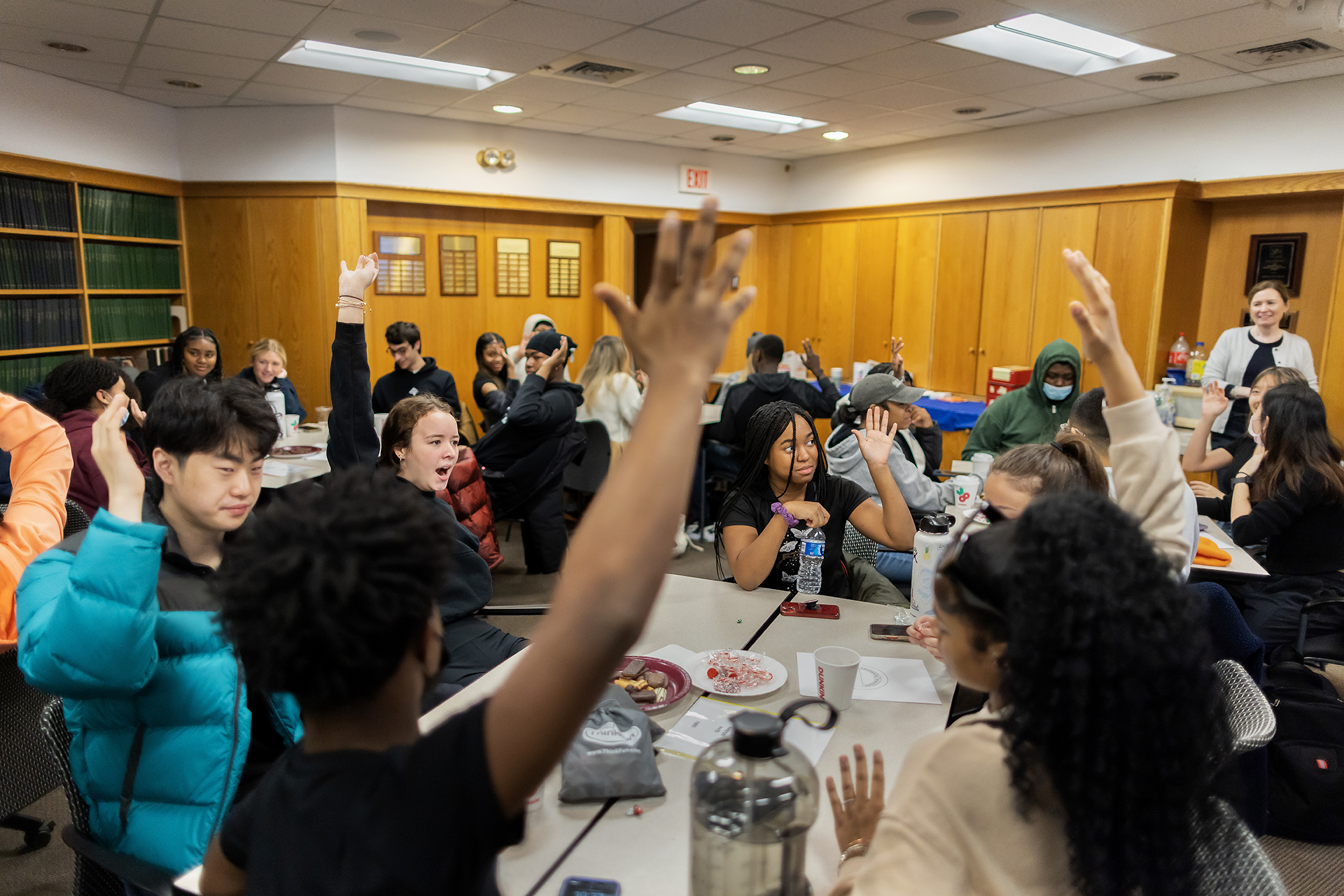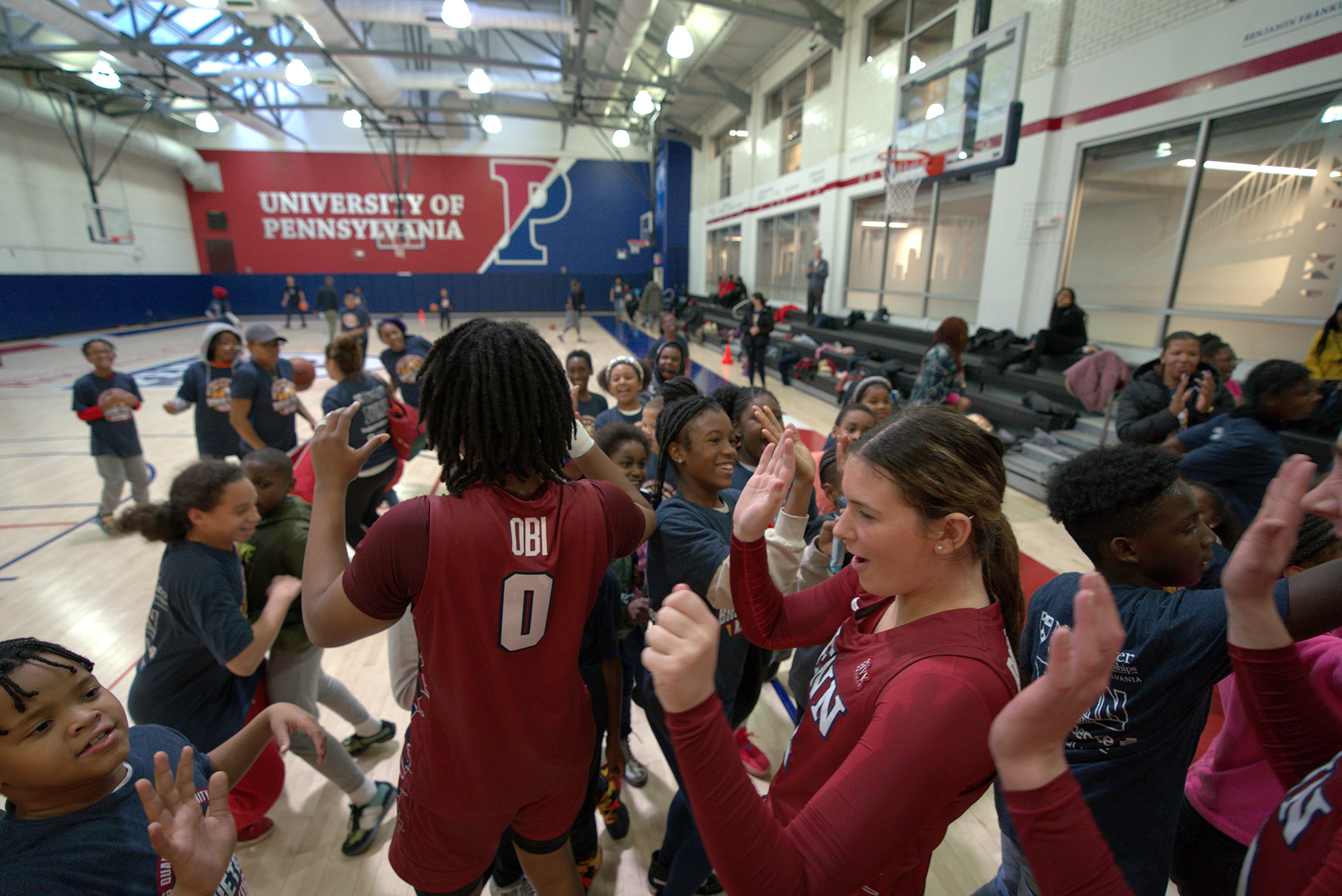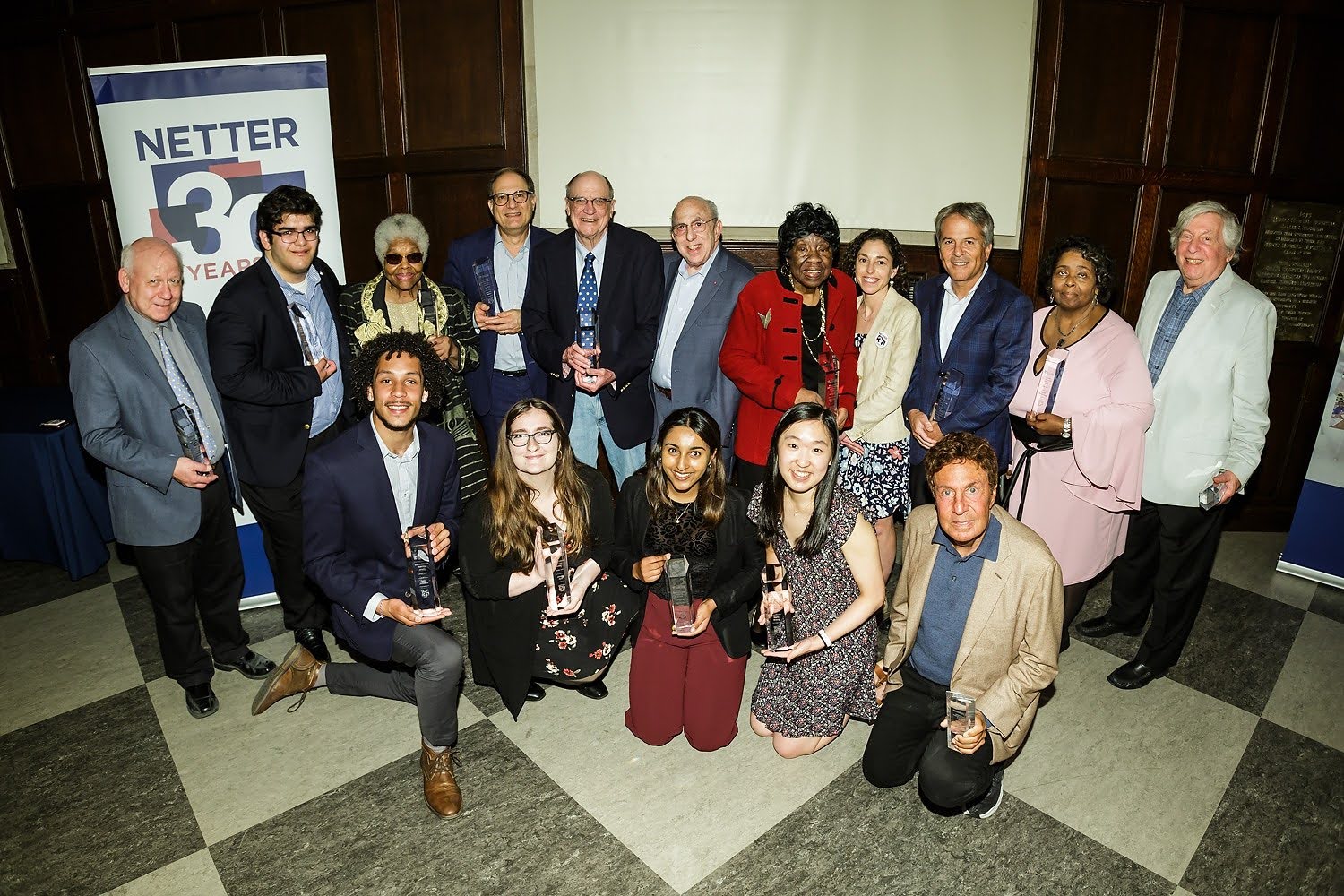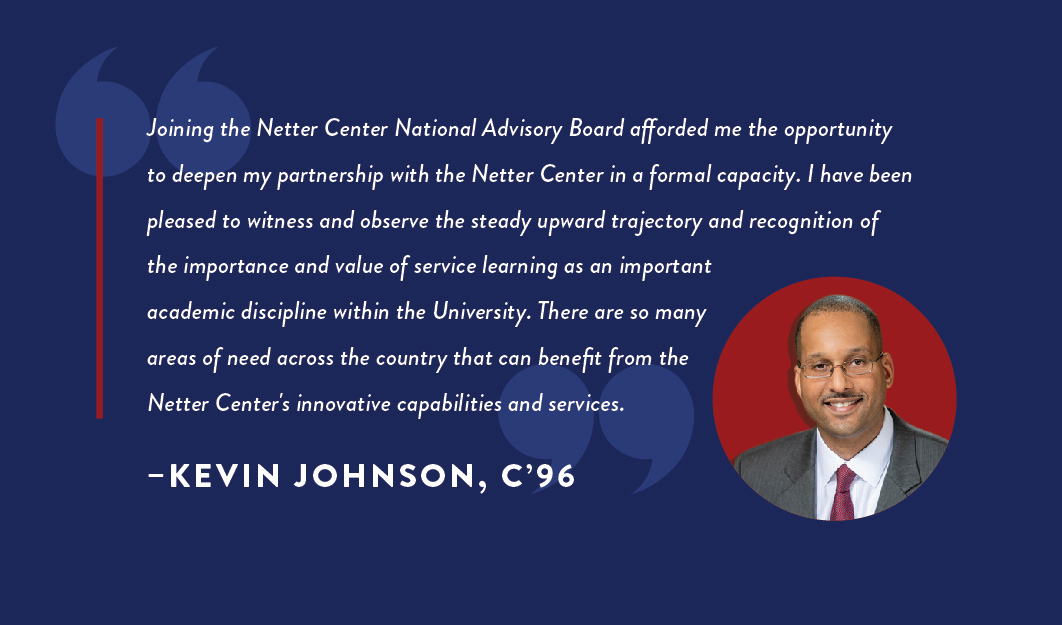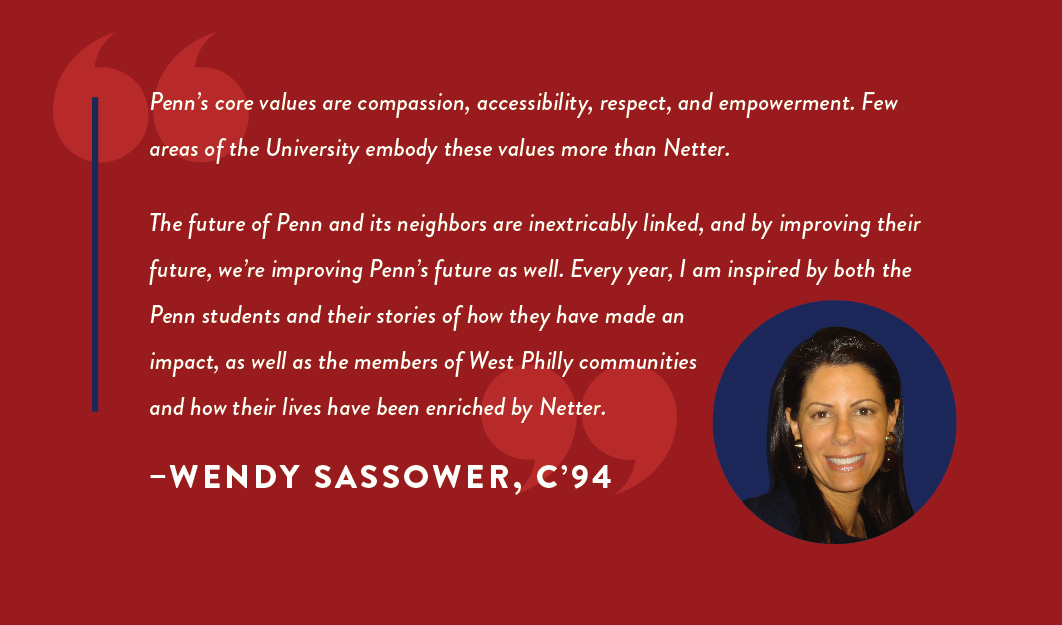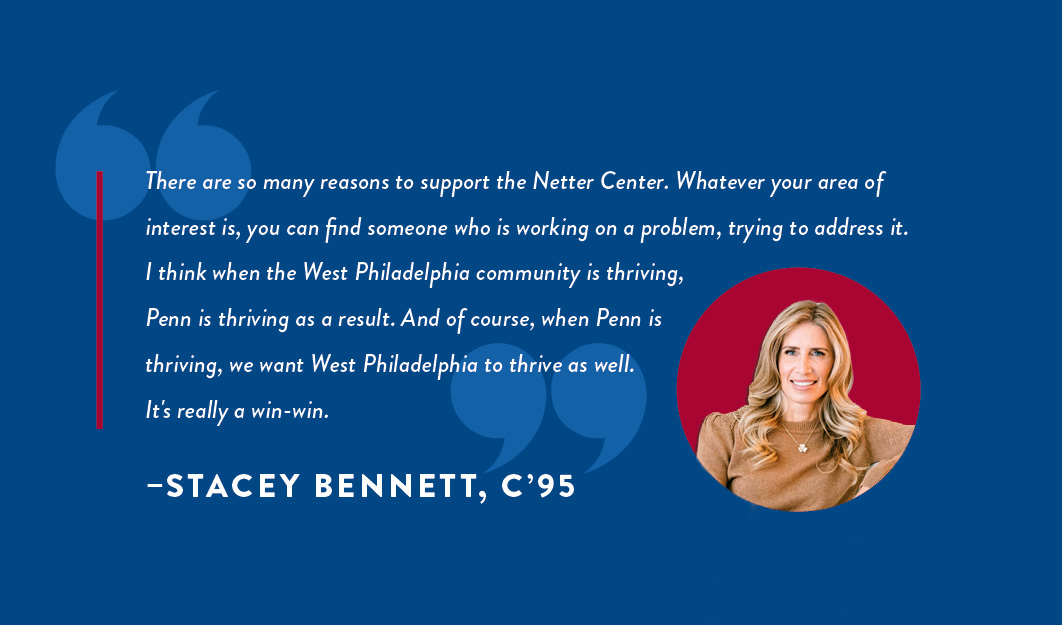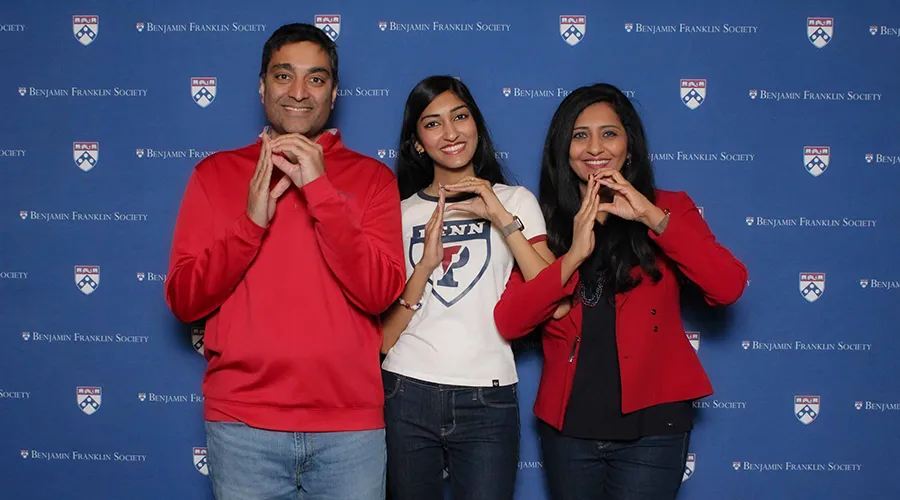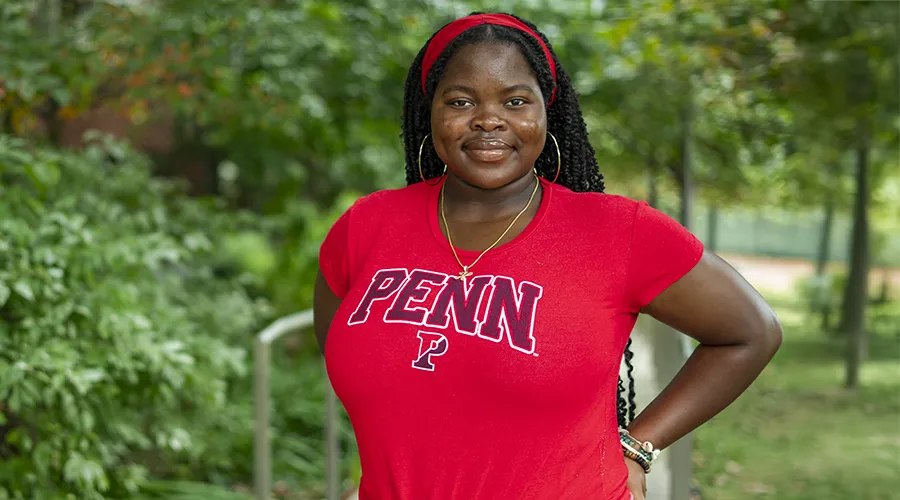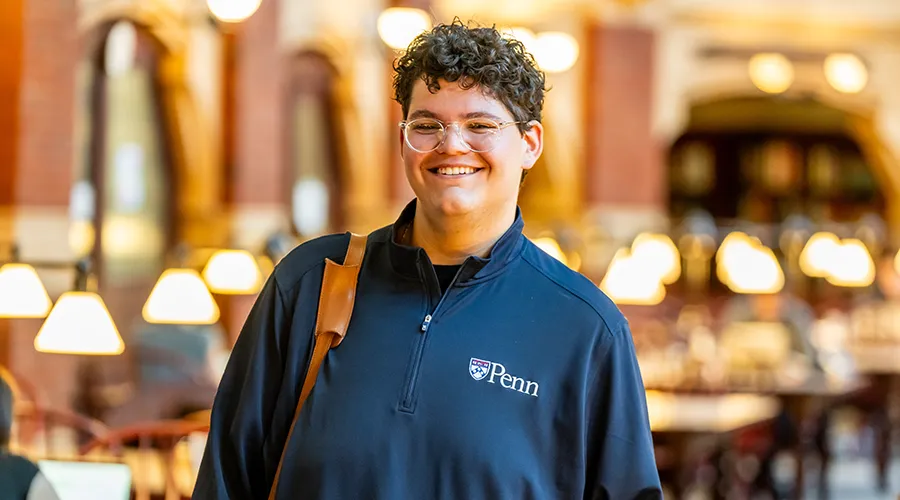In 1992, Penn announced a commitment to focus its resources and energy on the revitalization of West Philadelphia through the Center for Community Partnerships—later named in honor of a milestone gift from Barbara and Edward Netter, C’53, in 2007. But as Founding Director Ira Harkavy, C’70, Gr’79, can attest, the Netter Center’s roots go much deeper.
Community, Centered
Over 30 years, the Netter Center for Community Partnerships has created a model for mutually beneficial university-community relationships
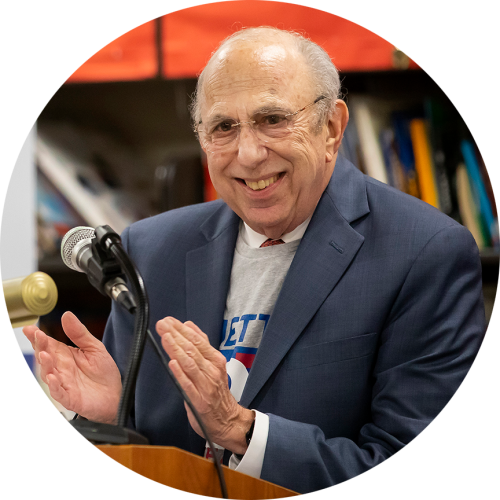
“Benjamin Franklin envisioned that his college would educate young people with an inclination and ability to serve humankind,” says Harkavy. “Our founding mission was rooted in the principle that by engaging with our neighbors in mutually beneficial ways, we could improve the quality of life and learning in the community, and simultaneously enhance research, teaching, service, and learning at Penn.”
Programs
Three key strategies underpin the work of the Netter Center: academically based community service (ABCS) courses, University-Assisted Community Schools (UACS), and the democratic anchor institution strategy.
ABCS courses bring together Penn’s academic mission with community engagement. Students and faculty work with West Philadelphia public schools, communities of faith, and local organizations to address issues in a variety of areas such as the environment, health, arts, and education.

UACS focus on schools as core institutions for community engagement and democratic development, linking school-day and after-school curricula to solve locally identified, real-world, community problems. The term “university-assisted” reflects how universities can be ideal sources of broadly based, comprehensive, sustained support for community schools, providing academic, human, and material resources.
One UACS program, the Agatston Urban Nutrition Initiative, has annually reached more than 6,000 students and their families at 16 Philadelphia public schools through nutrition and cooking education, school gardens, and community-supported agriculture subscriptions.
ABCS and UACS underscore the third component of the Netter Center’s mission: its democratic anchor institution strategy. Harkavy has long advocated for the role of higher education institutions and academic medical centers in the vitality and development of their surrounding communities. “Penn has a ton of resources beyond academic resources—we are a great economic engine and a great institutional center for the city and for the region,” he says. “The more we can bring together ABCS courses and UACS with our institutional resources, the better we function as a democratic anchor institution that cares about its neighbors and improves lives in this community.”
Influence
As the Netter Center has been a focal point of Penn’s increasing investment and engagement with the local community, other universities have taken notice. The Netter Center’s influence has expanded nationally thanks to annual conferences, publications, and consultative work with institutions concerned about their local imprint and influence.
“I have long been inspired by the Netter Center’s vision, and in 2017, I was thrilled when our application to become a UACS regional training center was successful,” says Karen Hunter Quartz, Director of the UCLA Center for Community Schooling. “Netter’s support has helped our center articulate a vision, including a portfolio of research-practice partnerships, rooted in the ideals of democracy, justice, and education.”
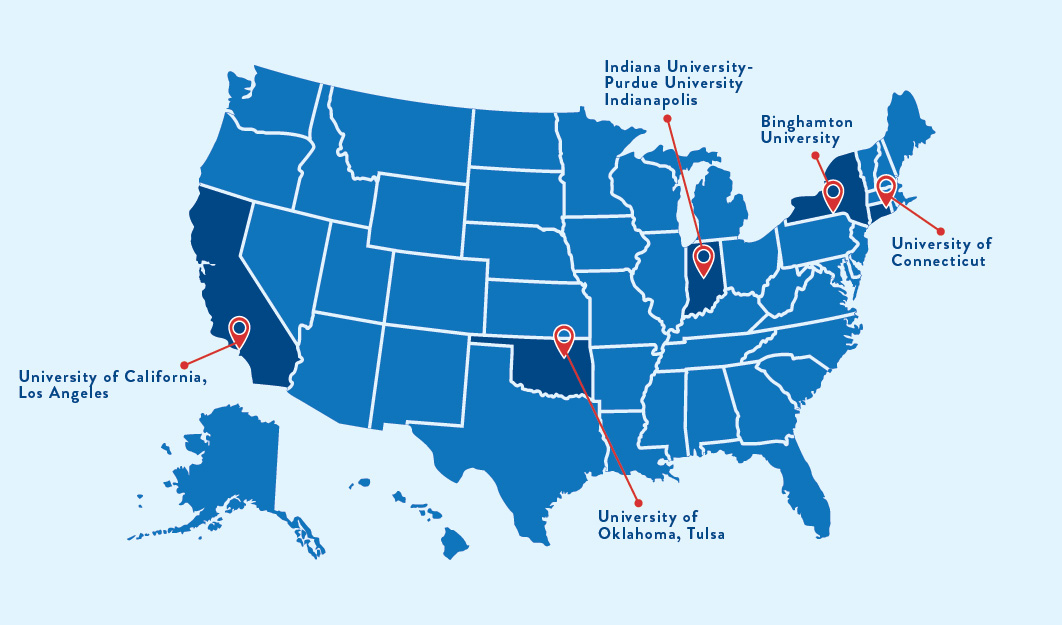
Philanthropy
Edward and Barbara Netter’s milestone gift in 2007 endowed the Center, expanding its capacity and accelerating the impact of Netter Center programming. The legacy of that gift lives on in alumni who were enriched by working on Netter Center initiatives, donors who believe in the Center’s mission and Penn’s responsibility as an anchor institution, and partners who are aligned with the Center’s goals and methods. Leading the way in support are members of the Netter Center’s Advisory Board, led by Board Chair Stacey Bennett, C’95.
“As a Penn student, the disconnect between the privilege and the resources that I had and the lack facing students in West Philadelphia never sat well with me,” Bennett says. “The most fulfilling part of being involved with the Netter Center is knowing that I’m supporting not only the University of Pennsylvania and its students, but also the West Philadelphia community and its families. For me, staying involved with the Center creates a multiplier effect, where I’m giving my time to two dynamic and important places at once.”
Future
As the Netter Center celebrates its 30th anniversary, and its place in Penn history, Harkavy has his eye on the future. “One of my highest goals is to have the Netter Center make increasingly powerful contributions to realizing Benjamin Franklin’s vision for the University of Pennsylvania,” says Harkavy. “I want to develop even more ABCS courses, so that community-engaged research and scholarship is more deeply ingrained in our campus culture, across every school and engaging undergraduates and graduate students alike. I want to deepen and expand University-Assisted Community School partnerships to improve the quality of life and learning in West Philadelphia. And I want the Netter approach to increasingly spread across the United States and around the world.”
Learn more about the Netter Center for Community Partnerships.
Header photo by Tommy Leonardi. Ira Harkavy photo by Eric Sucar.


